Maresca draws a hard line between Mudryk’s case and Chelsea’s transfer plan
Chelsea are pressing ahead with winger signings, and the message from Enzo Maresca is blunt: the plan does not revolve around Mykhailo Mudryk. Speaking before Chelsea’s Club World Cup meeting with Flamengo in Philadelphia, the head coach said the club won’t rip up months of work because of one player’s uncertain status, no matter how high-profile.
Mudryk has been suspended since December 2024 after testing positive for meldonium during international duty with Ukraine. Both A and B samples were positive, and the Football Association has formally charged him. The potential punishment could stretch to four years under anti-doping rules, depending on intent and responsibility. Mudryk denies knowingly taking any banned substance and, according to people close to him, even took a lie detector test to back up his claim.
Maresca’s stance was as much about clarity inside the dressing room as it was for the outside world. He reminded reporters that Chelsea had already navigated nearly a full campaign without Mudryk and found ways to cope, including handing minutes to academy winger Tyrique George. “We had already one entire season almost without Misha,” he said. “We tried different solutions with some of the academy players like Tyrique. But we’re going to decide to go for a winger not because of Misha.”
That line matters. It signals that the club’s recruitment over the next weeks is about building a balanced squad for a long season and not scrambling because of a single case. Chelsea currently lean on Noni Madueke and Pedro Neto out wide and have adapted other attackers into narrow and wide roles depending on the game state. But the staff still want another specialist who can stretch teams, win 1v1s, and fit the pressing triggers Maresca uses.
Evidence that the plan is already rolling is out there. Sources say Chelsea made two bids for Borussia Dortmund winger Jamie Bynoe-Gittens before the Club World Cup kicked off, both turned down. The interest predates any latest twist in Mudryk’s situation, which is why Maresca keeps stressing this isn’t about a stopgap. It’s about a profile: a winger who can carry the ball at pace, hold width when needed, and still contribute to the team’s build-up patterns.
There’s also a practical point. Fixture density this season is brutal, with the Club World Cup layered onto domestic and European commitments. That puts a premium on depth in wide areas, where dribblers wear heavy workloads and often face contact from full-backs and doubles. If one player is out for weeks or months, the domino effect can derail the entire front line. Chelsea want to avoid that by getting business done early.
Behind the scenes, the tone is steady. The recruitment department is working through options, using the same criteria they set out months ago—age profile, injury history, output in transition and settled attack, and how the player works off the ball. If Mudryk returns, competition increases. If he does not, the squad can still hit the benchmarks Maresca needs for his game model.
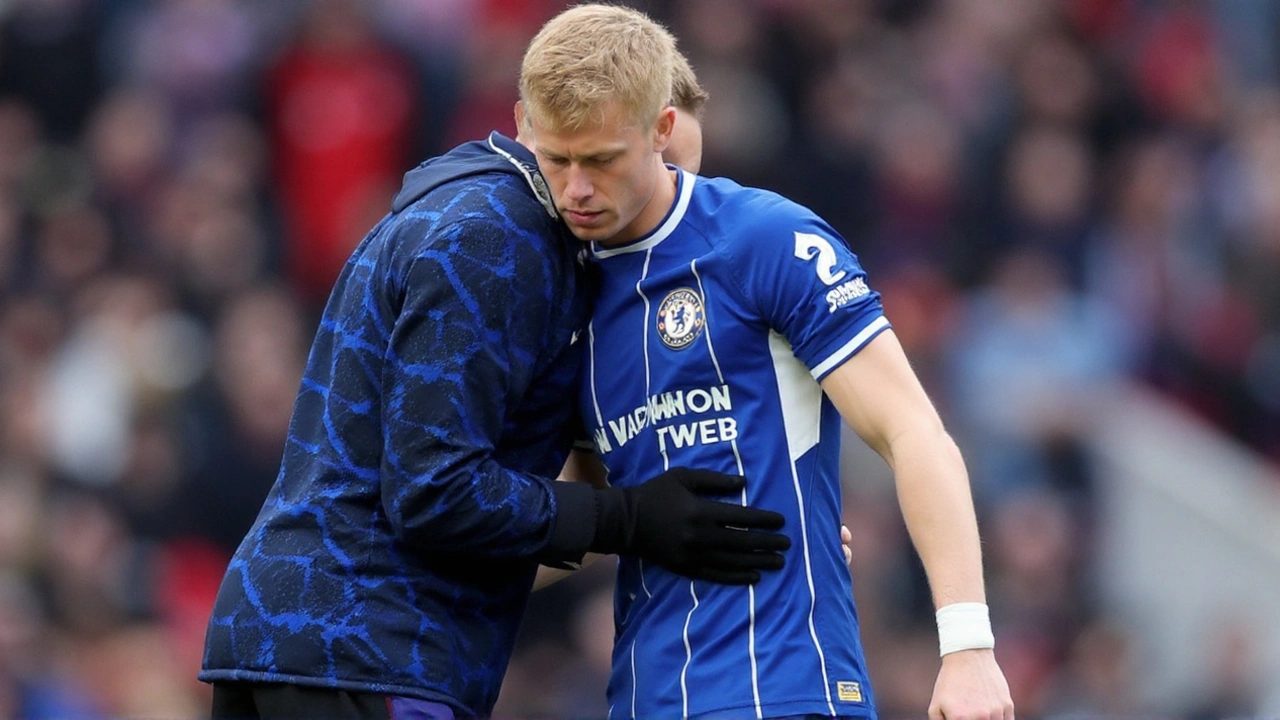
Inside the Mudryk case: what’s known, what’s alleged, and what comes next
Here’s the core of it: meldonium has been on the World Anti-Doping Agency’s banned list since 2016. It was widely used in parts of Eastern Europe before that ban and became notorious after several high-profile positives, including tennis star Maria Sharapova’s case in 2016. Sanctions vary. If a tribunal finds intentional use, the penalty is harsher. If an athlete proves no significant fault or contamination, the ban can be reduced.
In Mudryk’s case, the ongoing investigation is said to include a look into medical treatment he received with the national team setup. One suggestion under review is a stem cell injection that may have introduced the substance. That is not an official finding, but it is part of the context around the footballer’s claim that he never knowingly doped. These cases tend to turn on documentation, medical testimony, and the athlete’s ability to show how a substance entered the body.
Legally, the process runs through an independent FA panel. Hearings are private, timelines can shift, and there’s scope for appeal to the Court of Arbitration for Sport if either side disputes the outcome. That means uncertainty lingers—for the player, for the club, and for national team plans. It also explains why Maresca is planning as if Mudryk won’t be available. Hope is not a strategy at this level.
Because of the suspension, Mudryk is barred from using Chelsea’s training ground. He has been keeping fit with a personal coach at private facilities. That helps maintain conditioning, but it’s not the same as match rhythm or tactical reps inside team sessions. His last competitive appearance for Chelsea was in November 2024, a 2-0 win over Heidenheim in the Conference League. He popped up publicly at the club’s Conference League final win in May, celebrating with fans and teammates.
On the legal front, chatter has ranged from possible compensation claims against the Ukrainian federation to worst-case talk about contract termination. None of that has been confirmed. Clubs explore options; lawyers model scenarios. But so far, nothing formal has been made public by Chelsea. The focus from the training ground is on football: the Club World Cup, a heavy preseason load, and keeping the squad settled.
Maresca’s insistence on decoupling the transfer plan from the Mudryk case also lines up with his football ideas. He wants wide players who can fix the opposition full-back, hold the width when the midfield overloads central zones, and then attack the byline or cut inside depending on the rest-defense shape behind them. That requires profiles, not just names. If Chelsea add a winger now, it’s because that player fits the system, not because they are short a body for a few months.
There’s a human layer here too. Doping cases can drag on, and the uncertainty can be brutal for a player’s mind. Private training keeps the engine running, but not knowing when you can compete again is a different kind of strain. People around Mudryk say he is focused on clearing his name. Rumors he might test his speed in athletics during the ban have floated around, but there’s no hard evidence he’s shifting sports. If anything, the private work suggests he wants a pathway back to football.
Maresca’s message, then, wraps together three things: support for a player facing an anxious wait, a recruitment plan built for the long haul, and a squad that cannot afford to hesitate. If Mudryk returns, Chelsea get another direct runner with elite acceleration. If he doesn’t, they still have a blueprint to keep the attack sharp and varied.
What happens next hinges on the tribunal’s timeline. Evidence gets tested, medical files get combed through, and both sides argue over responsibility and intent. In past cases, the final step—if either party is unhappy—has been an appeal to CAS, which can extend the saga by months. That’s the reality the club is planning around.
- The case: Positive test for meldonium during international duty; FA charge filed; potential four-year sanction depending on intent.
- The player’s stance: Denies knowingly using banned substances; reported lie detector test; medical explanation under review.
- The club’s plan: Add a winger regardless; bids made for Jamie Bynoe-Gittens; rely on Madueke and Neto in the meantime; use academy depth when needed.
- The timeline: Hearing schedule not public; appeal possible; no guarantee of a quick resolution.
For now, Chelsea’s focus shifts to the pitch in Philadelphia, where the Club World Cup offers a chance to test Maresca’s ideas against elite opposition under tournament pressure. The transfer office keeps working in parallel. Two tracks, one plan—and no detours because of a case that could take months to settle.

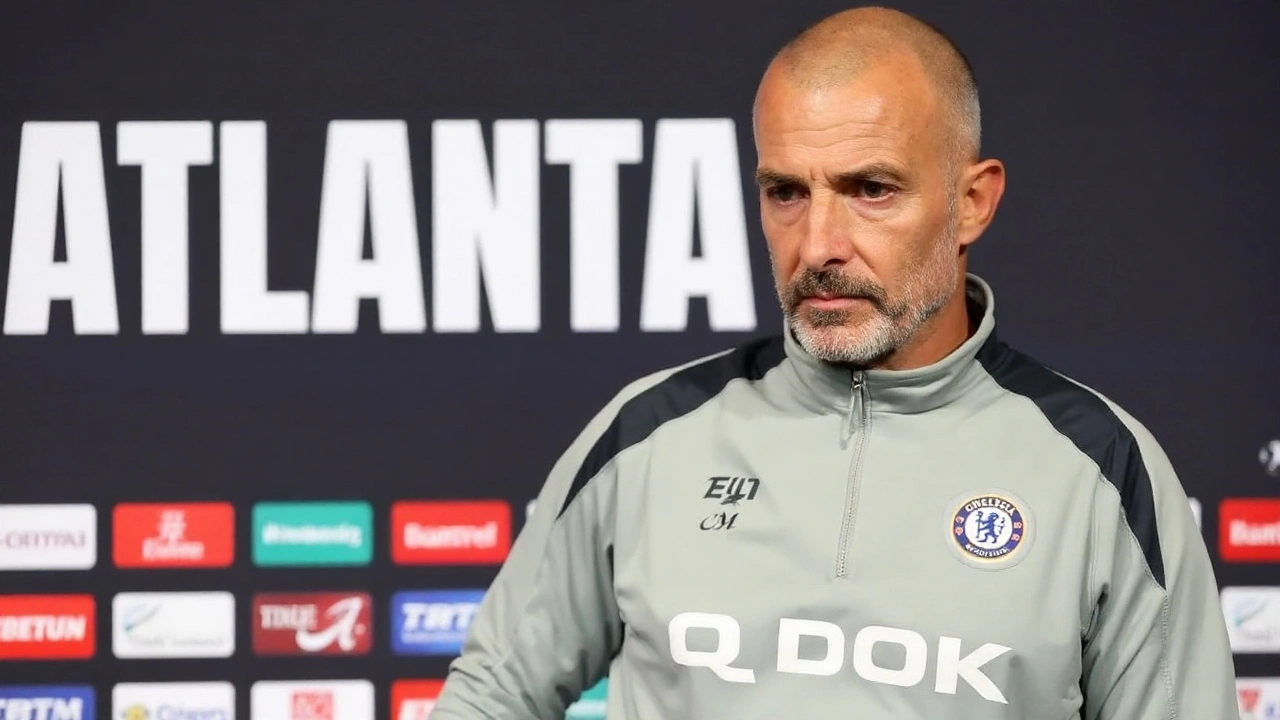

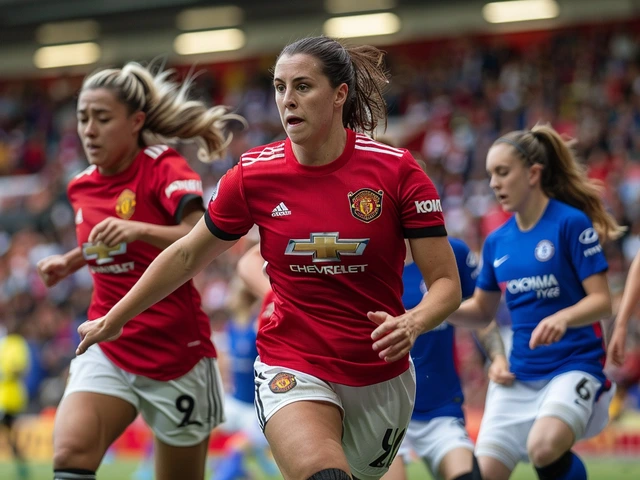
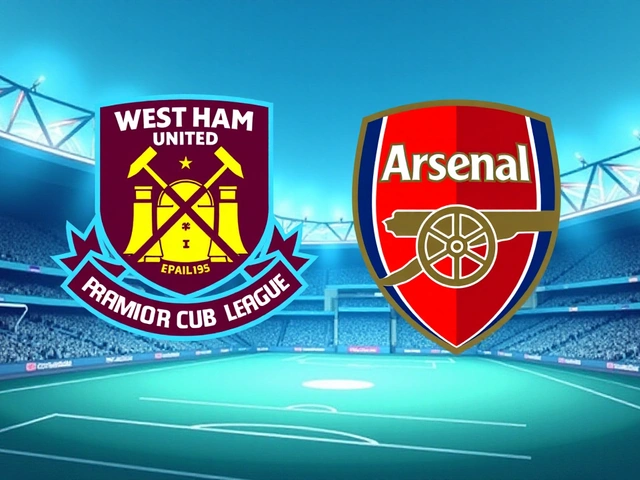
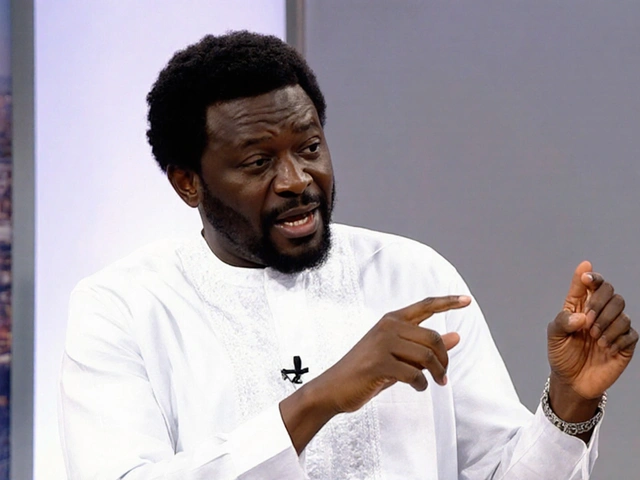
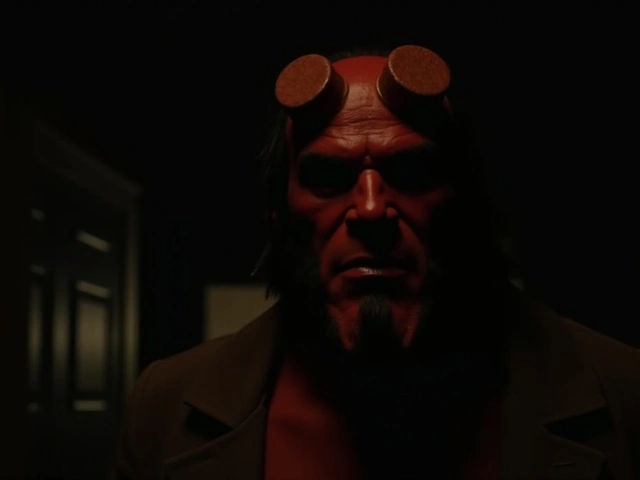
Brittany Vacca September 21, 2025
I just hope they don't rush this transfer. Misha's situation is so sad... 😔 But I get it-Chelsea gotta plan ahead. Hope he clears his name soon.
Lucille Nowakoski September 22, 2025
It's really admirable how Chelsea is handling this with such professionalism. Building a squad based on system fit rather than panic is the mark of a truly mature club. Kudos to Maresca and the recruitment team for staying the course.
Benjamin Gottlieb September 22, 2025
This is a textbook case of organizational resilience. The club is operating under a systems-based paradigm rather than a person-centric one-which, in elite football, is the only sustainable model. Mudryk’s suspension is a stochastic event; the tactical architecture must remain deterministic. The pursuit of a winger who satisfies the pressure-trigger matrix and wide-zone dominance criteria isn’t a reaction-it’s a calibration. That’s not cold. That’s excellence.
simran grewal September 23, 2025
Of course they're not pausing. Western clubs always treat Eastern players like disposable assets until they're inconvenient. Meldonium? Probably contaminated supplements from the Ukrainian FA's 'medical team'. Meanwhile, Chelsea's already got their next target lined up like they're shopping for a new phone. Sad.
Angela Harris September 24, 2025
Huh. Interesting they didn't mention Tyrique George more. He looked pretty solid in that last cup game.
Vinay Menon September 24, 2025
I'm from India and I've followed Mudryk since his Shakhtar days. He's a special talent. But I respect Chelsea's approach-this isn't about replacing a player, it's about upgrading a position. And honestly, if the FA finds him innocent, they'll have a real gem on their hands. Fingers crossed.
Doloris Lance September 25, 2025
Let’s be real: this is why we can’t have nice things. Athletes get lazy, take shortcuts, and then cry ‘contamination!’ when they get caught. Meldonium isn’t some obscure substance-it’s been banned for eight years. If he didn’t know, he wasn’t trying. Chelsea’s doing the right thing by moving on. No one gets a free pass because they’re ‘talented’.
Carolette Wright September 25, 2025
Poor Misha. He’s just a kid. I bet he’s so scared right now. I hope someone from the club checks in on him. Like, send him a care package or something. He needs love, not just a transfer plan.
Beverley Fisher September 26, 2025
I just want him to be okay. I saw him celebrate at the final and he looked so happy. I hope he gets to feel that again soon. 💕
Anita Aikhionbare September 27, 2025
This is why African and Asian players get treated like second-class citizens. If this was a European star, the whole world would be screaming about his rights. But Mudryk? ‘Oh, he’s from Ukraine, we’ll just replace him.’ Pathetic.
Mark Burns September 28, 2025
BREAKING: MUDRYK’S PERSONAL COACH IS NOW RUNNING A TIKTOK CHANNEL CALLED ‘MISHA’S SECRET TRAINING’ AND IT’S GOT 2M FOLLOWERS. THE DRILLS INVOLVE JUGGLING A BANANA WHILE DOING SQUATS. THIS IS THE FUTURE.
jen barratt September 28, 2025
Honestly, I think Maresca’s right. Football’s too fast now to wait on one guy’s legal drama. The game’s about systems, not stars. If Mudryk comes back, great. If not, they’ve got a plan. That’s the difference between a team that’s just lucky and one that’s built to last. Quietly brilliant, really.